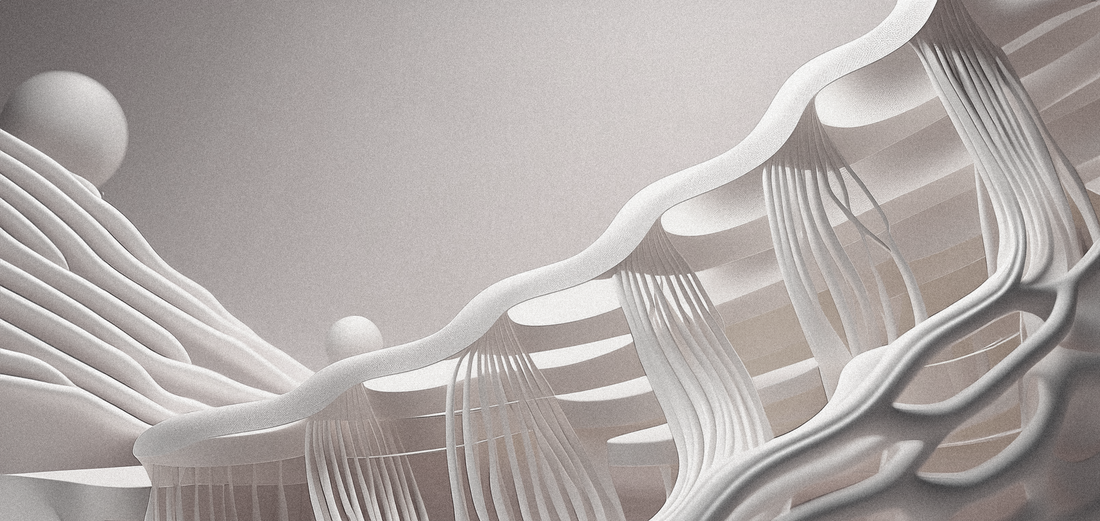In this guide, we'll explore the crucial role of collagen in maintaining youthful skin, debunk common misconceptions, and dive into other key topics to help you achieve your skincare goals. Let's get started!
What is Collagen?
Collagen is the most abundant protein in the human body and serves as a structural component of the skin, bones, muscles, tendons, and ligaments. In the skin, collagen provides strength, firmness, and elasticity, giving it a smooth and youthful appearance. Collagen production naturally declines with age, leading to visible signs of aging such as wrinkles, sagging skin, and loss of volume.
Youthful Appearance
The presence of abundant collagen in the skin is closely linked to a youthful appearance. When collagen levels are high, the skin appears plump, firm, and smooth, with fewer visible wrinkles and fine lines. However, as collagen production diminishes over time, the skin loses its elasticity and firmness, resulting in the formation of wrinkles and sagging.

Common Misconceptions about Collagen
Despite its importance, there are several misconceptions about collagen that are prevalent in the skincare industry. One common misconception is that applying collagen topically can directly replenish collagen levels in the skin. In reality, collagen molecules are too large to penetrate the skin effectively, making topical collagen treatments ineffective at boosting collagen production.
Strategies to Support Collagen Production
While topical collagen treatments may not be effective, there are other strategies you can employ to support collagen production and maintain youthful skin:
- Diet: Consuming a balanced diet rich in collagen-boosting nutrients such as vitamin C, amino acids, and antioxidants can promote collagen synthesis from within. Foods such as bone broth, fish, leafy greens, and citrus fruits are excellent sources of collagen-building nutrients.
- Skincare: Incorporating skincare products containing collagen-stimulating ingredients such as retinol (read more about our article on retinol vc retinal) , vitamin C, peptides, and hyaluronic acid can help support collagen production and improve skin texture and elasticity.
- Lifestyle: Avoiding factors that contribute to collagen degradation, such as smoking, excessive sun exposure, and poor diet, can help preserve collagen levels and prevent premature aging of the skin.
Other Hot Topics in Skincare
In addition to collagen, there are several other hot topics in skincare that are worth exploring:
- Hyaluronic Acid: A naturally occurring substance in the skin that helps maintain hydration and volume, hyaluronic acid is a popular ingredient in skincare products for its plumping and moisturizing effects.
- Sun Protection: Protecting the skin from harmful UV rays is essential for preventing collagen degradation and premature aging. Daily use of broad-spectrum sunscreen with SPF 30 or higher is recommended to shield the skin from UV damage.
- Anti-Aging Treatments: From retinoids and chemical peels to microneedling and laser therapy, there are various anti-aging treatments available to address signs of aging and stimulate collagen production for smoother, firmer skin.
Understanding the role of collagen and other key factors in maintaining youthful skin is essential for achieving healthy and radiant complexion. By debunking common misconceptions, adopting collagen-supporting strategies, and staying informed about the latest skincare trends, you can take proactive steps towards preserving your skin's youthfulness and vitality. Remember, skincare is a journey, so be patient, consistent, and diligent in caring for your skin. Here's to healthy, glowing skin at any age!

